James, 21*
Long before I was diagnosed with BPD I always had a lot of self-loathing and anxiety about not fitting in, partly due to my confusion at the time about my sexuality. Besides that, when I was 13 I was first diagnosed with depression and panic disorder and put on anti-depressants. Then, when I was 17, when the HSC [Higher School Certificate] started to get serious, I was diagnosed with OCD and medicated for that at quite a high dose. High school was really hard. I felt I had to make an impression on everybody. With my teachers I wanted to be more than just another student. I’ve always idealized people, like teachers, like therapists, my psychiatrists. I’ve had this ongoing theme of rejection and abandonment for a long time. To this day it’s what I struggle with the most.
I can come across as emotionally manipulative, particularly in relationships with friends and with potential [romantic] partners. I want too much too soon, and I get distraught at the smallest things, like people not replying to my texts, like things not going as planned. Distance is perceived as rejection. They say, ‘What’s your problem? You’re crazy, get over it!’ So it’s extremely hard to sustain any relationship. I feel like I’m never going to have a healthy relationship.
Social media is a big trigger and not a good tool for me. I have OCD as well and the accessibility that social media gives me to people, and to see what they’re doing, is dangerous. So if I don’t get a reply from someone and I know they are online I assume they’re ignoring me and I get into a spiral of self-hate and self-harming behavior, like drinking, cutting myself, or overdosing on prescription pills. These are drastic measures to numb the pain. I just can’t manage my emotions.
When I was 17 I started self-harming. Around that time I realised one cut was quite deep and needed attention. So I drove myself to a medical centre but it was closed. I broke down in the car park and called [a telephone help line]. The lady I spoke to made this cringing noise, and said she couldn’t understand how anyone could do that to themselves, that it was disgusting. So I then drove myself to Manly Hospital where I got stitches. They called my parents and told them I’d self-harmed. I’d previously hidden my behavior from my parents. So it was really hard for Dad to grasp— he was closed off to those sorts of things. But since then he’s become an amazing support; he’s learnt everything he can about BPD. But at the time they just didn’t know what they could do to help. They felt hopeless.
I’ve been admitted to psychiatric hospitals three times, in February most recently. It was in October 2015, when I started seeing a new psychiatrist, that I was diagnosed me with BPD. After the appointment I went home, looked at the nine traits of BPD in the DSM [Diagnostic and Statistical Manual of Mental Disorders] and thought I’d never read something that described my personality so perfectly. It was quite a relief and it gave me a lot of hope to see all my symptoms put into a category, to know there’s help.
In hindsight I can see some early experiences that might have given a hint of a BPD diagnosis. When I was about four or five, for instance, we had these lorikeets that would come to our house every day and we would feed them. We named them, I felt really attached to them. I loved them. As I was returning from school one day I saw a bunch of kids feeding these two birds. I can’t describe the rejection and abandonment I felt. I came home crying, and Mum asked me what was wrong, and I said I hated those birds, that I was not feeding them again, that they’d betrayed me. That would be the earliest sign I had of imagined abandonment.
After my BPD diagnosis I started DBT [Dialectical behaviour therapy]. This really drew my attention to how unhealthy my lifestyle was, for at this point I was running a café, working long hours and drinking and taking drugs. I keep choosing the destructive paths. I know what I have to do to get better but it’s not easy. But I’ve stopped the café since then and I’m trying to get into another DBT program because I’m still self-harming to numb the pain of perceived rejections. I know I need to stop drinking, using social media, and I need to start eating more healthily and exercising. I think DBT is the best thing to get me back on track.
* Name has been changed.
